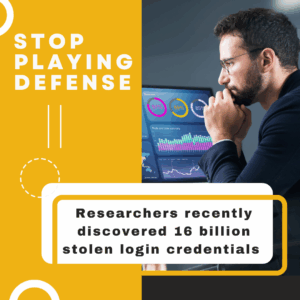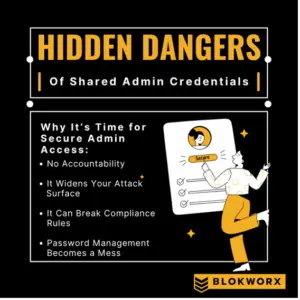 There are a dizzying array of threats to watch out for these days. Hacks, Denial of Service attacks, corporate espionage, and more. Sometimes it can be exhausting keeping up with all the ways that our most important information can be compromised. The problem, of course, is that these threats don’t just go away because you ignore them. Hiding your head in the sand, whilst appealing, is dangerous.
There are a dizzying array of threats to watch out for these days. Hacks, Denial of Service attacks, corporate espionage, and more. Sometimes it can be exhausting keeping up with all the ways that our most important information can be compromised. The problem, of course, is that these threats don’t just go away because you ignore them. Hiding your head in the sand, whilst appealing, is dangerous.
Here’s what you need to know about a threat you may not have considered.
What Is Bust Out Fraud?
The name does not make the exact type of fraud readily apparent and in truth it can take a number of different forms, but most commonly, you see it when a hacker steals personal information from users around the web. They take the information they have stolen and use it to apply for one or more credit cards. These they’ll use immediately and make a few payments so as to get their credit limits bumped up. Once they get the credit line boost, they’ll max out their credit cards, then just simply not pay the bill. Being unsecured debt, and being that the user data was stolen to begin with, there’s actually very little a company can do to collect.
This kind of attack is insidious, and growing rapidly as the number of incidents of identity theft continue to increase each year. No industry is immune, although high tech devices are among the most common things stolen in this manner.
How Does This Impact You & Your Company?
The fallout mainly impacts the companies issuing the credit cards, but if you are a retail outlet, and you’re issuing your own store cards, then you may well fall victim to this kind of attack. Unfortunately there’s surprisingly little you can do about it. You can’t go back to the person who you thought applied for the card because most of the time, they’ve become aware of the problem and filed an identity theft claim which provides them with protections from bearing responsibility for the fraudulent charges. You can try to go after the criminals who got the cards fraudulently, but they’re notoriously hard to catch, and you may spend more money chasing down each individual card holder than you can ever hope to recover, even if you do catch them. That doesn’t really leave you many options.
Be Aware And Alert
Most of what you can do comes down to vigilance. When you hear or read about a big data breach at some company, any company, even if it has nothing to do with you or your industry, pay attention to it and be on your guard, because that data only has a limited useful shelf life. If it’s not used fairly immediately, the consumers impacted by the theft will change their information and their records will be flagged with the credit bureau. So thieves will try to act fast or they’ll never actually get approved for any credit cards they apply for, including your in-store card.
The black market price for stolen personal information is based on its freshness. The newer it is, the more valuable it is. That means that in the 60 days after a data breach, you are at your most vulnerable. During this period, you should take what extra precautions you can to insure that you’re not issuing a card to an identity thief.



